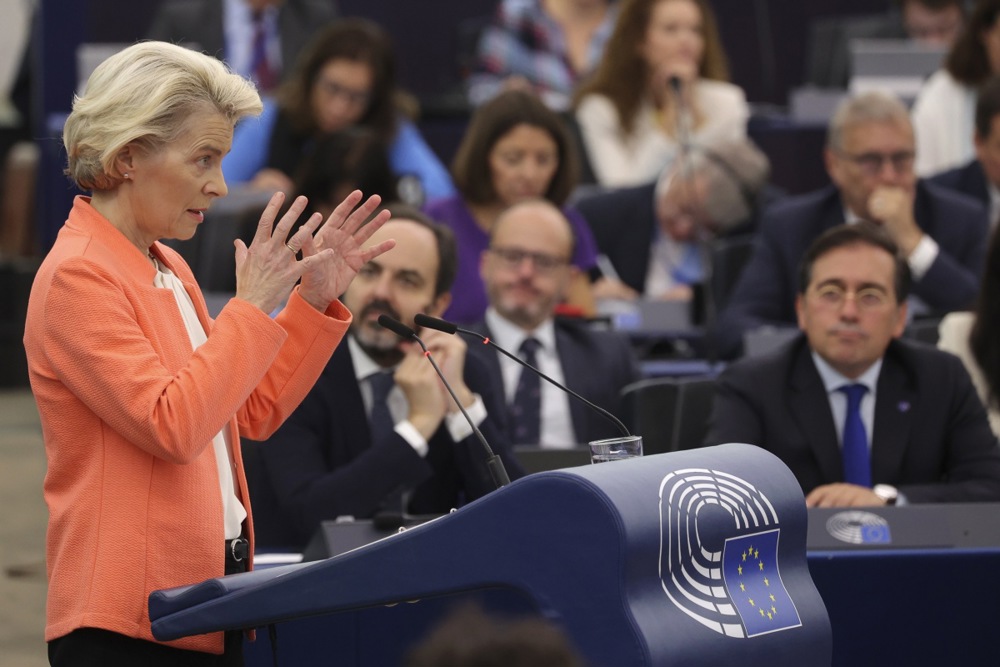Berlin’s state-owned enterprises witnessed a remarkable resurgence in investment, reaching levels not seen since the post-reunification era. According to the recently released State Participation Report, a staggering €6.2 billion was injected into new construction, infrastructure revitalization, and the acquisition of cutting-edge production assets. This marks a substantial increase from the preceding year’s €3.7 billion and even surpasses the 2019 record of €5.4 billion.
A significant player in this financial renaissance is the housing sector, where six housing construction companies, along with Berlinovo, spearheaded the charge. Notably, €2.4 billion was dedicated to acquiring housing stocks from Deutsche Wohnen/Vonovia, propelling the total debt for these entities from €10 billion to a formidable €19.1 billion over the past five years.
This surge in construction activity is particularly striking amid a backdrop of private developers stalling projects due to escalating construction costs and an interest rate turnaround. The fallout from Austrian investor René Benko’s Signa Group, impacting several major Berlin projects, exemplifies the challenges faced by private entities.
While some view this intensified investment coupled with increased indebtedness with caution, experts like Steffen Zillich (Left) argue that it is a necessary strategy. Zillich asserts that the public sector’s commitment to investment is crucial, especially when private investors are hesitant. The alternative, he suggests, could have severe repercussions for the local economy.
Leading the charge in this investment surge is Howoge, which alone invested close to €2 billion in 2022. Specializing in school construction and housing projects, Howoge is currently overseeing the construction of 18 new educational institutions and 18 housing projects. Despite accumulating liabilities from €1.5 billion in 2018 to €3.9 billion presently, Howoge reported a profit of €108 million last year.
Among the state-owned enterprises, the 58 Berlin-based companies collectively generated a total profit of €781 million in the past year, with only seven recording a deficit. Vivantes, a hospital conglomerate, bore the heaviest losses despite receiving a substantial state subsidy.
As Berlin’s state-owned companies continue to spearhead economic recovery through strategic investments, the financial landscape is poised for further transformation.





